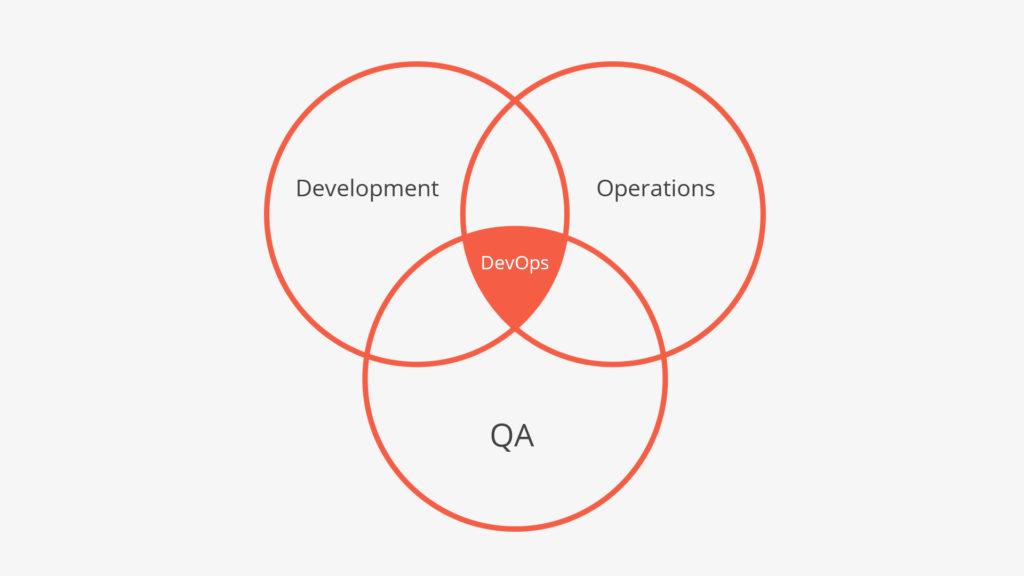DevOps for Improved Business Performance and Value
DevOps is a term coined in 2009 by Patrick Debois, a Belgian system administrator. As the name suggests, it integrates both software development and operations in an effort to reduce the time between development and deployment. By reducing the lead time, the development team can draw together feedback faster and iterate their solution, delivering value based on real data and customer feedback.

image by: Anyip.io (link at the end)
DevOps is all about business agility and continuous delivery. Moving to this culture may be easier for a start-up or a smaller company than large organizations. Combining development and operations teams (or departments) is a major organizational change. New roles and responsibilities as well as shared goals need to be laid out.
A properly implemented DevOps will transform your software engineering process; the increased team performance will develop real value for your business.
Tangible Benefits of DevOps
Shorter development phase
DevOps promotes a culture of enhanced collaboration and communication between the development and the operations team. Code is developed into executable production code.
Increased release velocity
The shorter development phase enables increased frequency for the release of code into production. This builds continuous development and deployment, thus increasing the value of IT to the business. Deficiencies are addressed much faster, improving the perception of service quality and dependability.
Enhanced customer satisfaction
Shorter release cycles lead to shorter feedback cycles. Your customers will receive frequent and timely updates, giving you the ability to measure their satisfaction early on.
Lesser deployment failures and rollbacks
The advantages gained from faster development can be nullified by failed deployment. In a DevOps culture, change management, configuration and deployment processes are automated. This significantly decreases the number of pre- and post-deployment issues. Thus, there are fewer rollbacks.
Reduced recovery time
Even if you take precautions to prevent the likelihood of failures, they are inevitable. When failures do occur, the time to recover to operational efficiency is relatively reduced in a DevOps workspace as compared to traditional IT environment. This is all because of the efficiencies gained by the development team understanding how operations work, and vice-versa.
Not all benefits of DevOps can be directly fathomed and tracked as KPIs.

Other Benefits of DevOps
Enhanced communication and collaboration
As the DevOps methodology combines development and operations into one, it creates an environment characterized by increased communication and collaboration.
Improved capability to research and innovate
DevOps fosters a culture of trust between team members. They are motivated to experiment continuously to improve the company’s products and services. This gives them the opportunity to research the needs of the customers and innovate accordingly.
Shift to performance-based culture
DevOps methodology shifts the culture to be more performance-based rather than being power-based. This leads to sharing of risks and more productive and satisfied workforce. This will have a direct impact on the performance of the organization.
The promise of the DevOps culture is about increasing your responsiveness to customers, and provide substantial benefits to your entire business. This methodology has come a long way in just a few years. They are still many companies that are figuring out why they need to introduce this discipline in their organization. But it won’t be long before they recognize the enormous benefits and jump on the DevOps bandwagon.
Image credit: https://anyip.io/





